Access a wide range of free UPSC resources at TheIAShub to boost your preparation. Get expert-curated study materials, including General Studies notes, NCERT books, current affairs, mock tests, and previous year papers. Our resources cover every subject in the UPSC syllabus, including optional subjects, and are designed to support both Prelims and Mains preparation. With organized, up-to-date content and easy access, TheIAShub ensures you have everything you need for effective and efficient UPSC exam preparation.
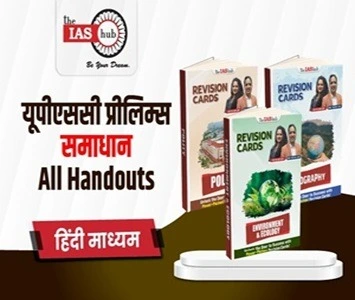

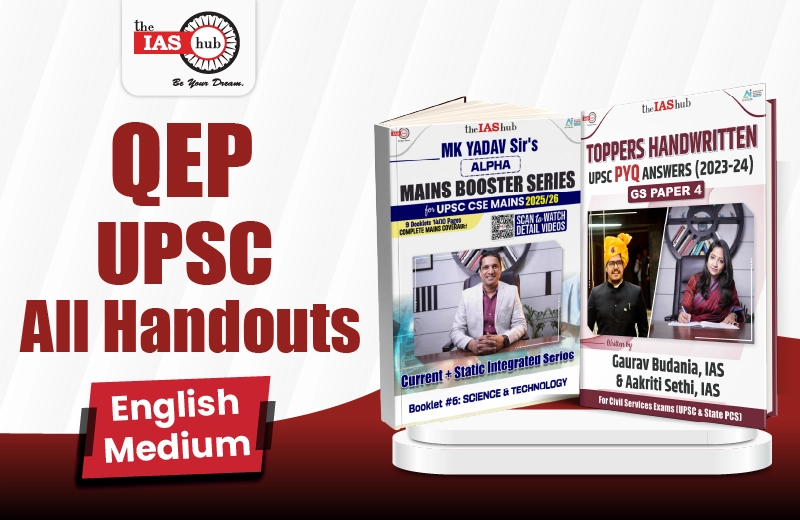
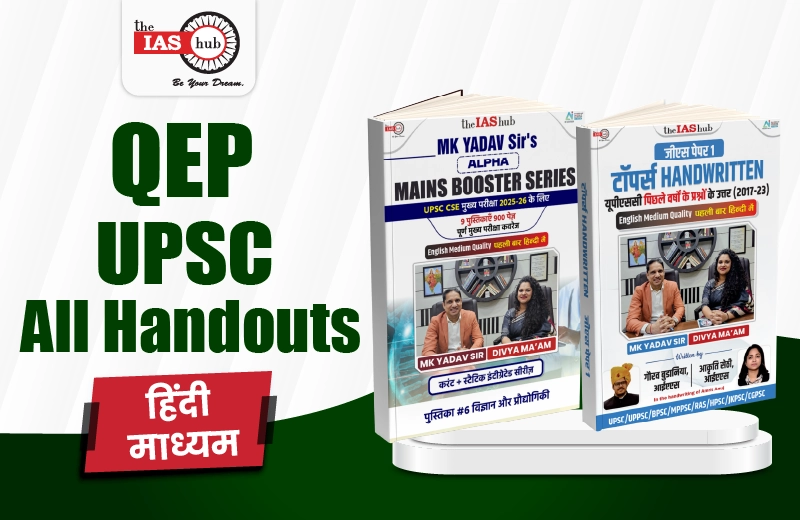
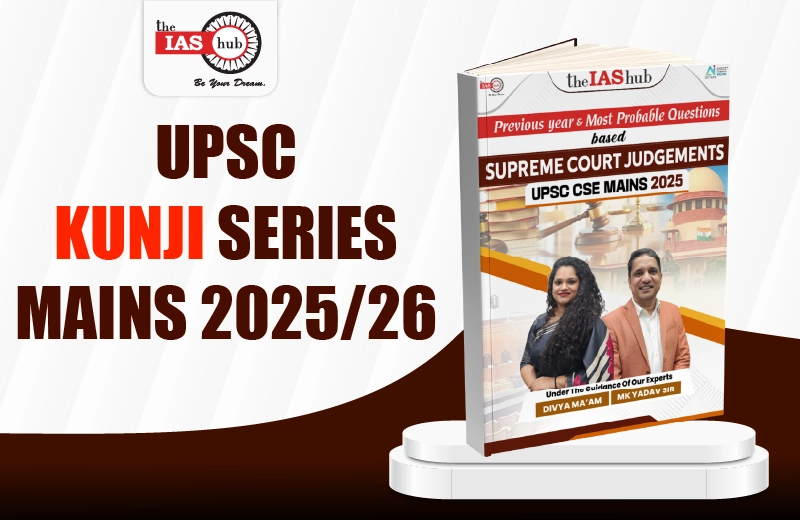









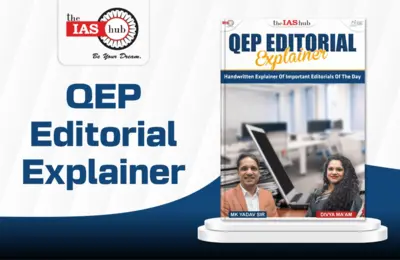

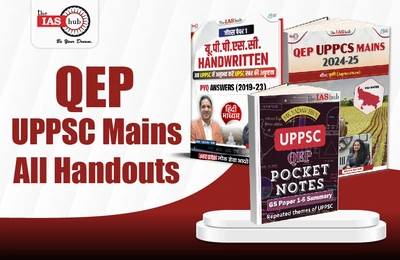
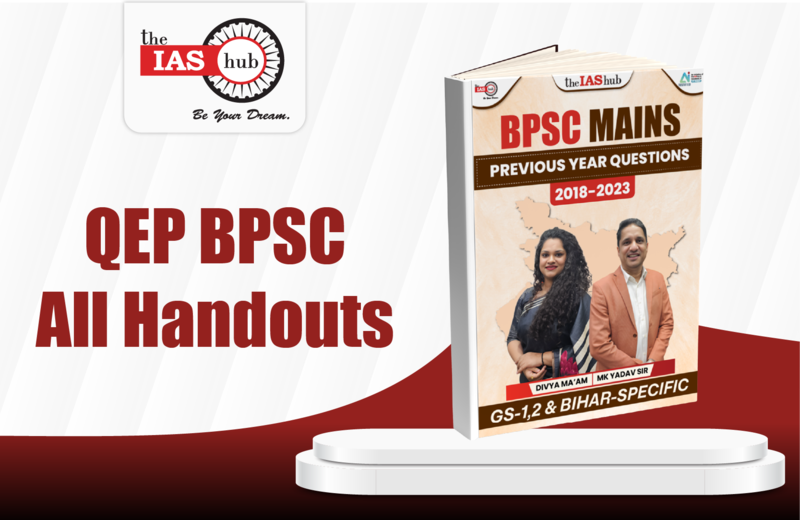


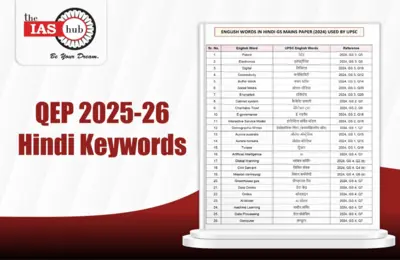


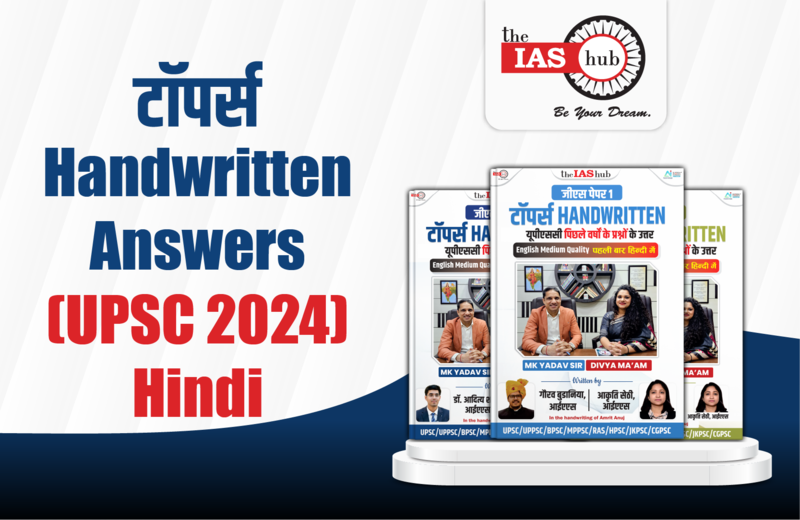




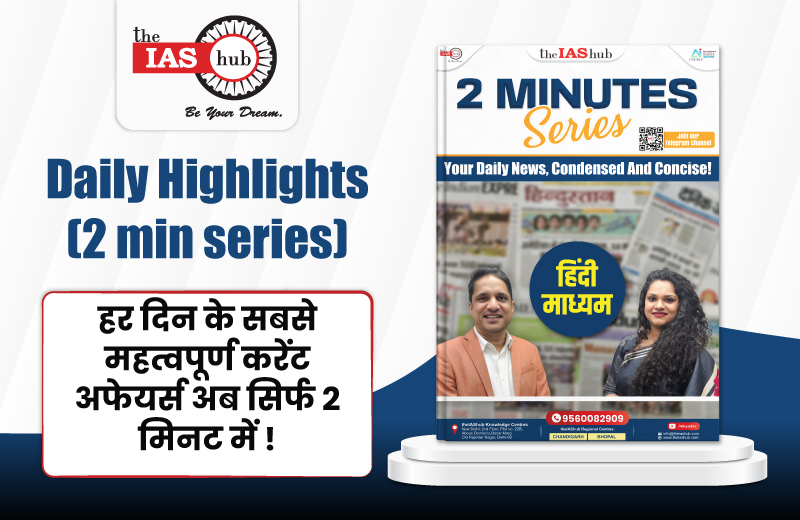


Welcome to our Free Resources section, thoughtfully curated to support your UPSC preparation journey. Here, you'll find a collection of essential documents, meticulously organized to complement your studies and empower your path to success. Preparing for the UPSC exam can seem overwhelming due to the vast syllabus, time constraints, and intense competition. However, with the right guidance, strategy, and resources, it becomes manageable.
At TheIAShub, we provide high-quality, free study material designed to offer a comprehensive understanding of key subjects, current affairs, and other relevant topics, making a significant difference in your preparation.
TheIAShub provides a variety of free resources to cater to the different needs of UPSC aspirants. Below is a list of some of the key resources you can access:
We provide comprehensive General Studies notes for UPSC that cover the major topics from all subjects, including:
UPSC Current Affairs is a crucial component of both Prelims and Mains. Our free resources include:
| S. No. | Upsc Free Resources Link | S. No. | Upsc Free Resources Link |
| 1. | Daily Current Affairs Answers | 11. | Mains Answer Writing Notes |
| 2. | Mains Answer Writing Practice | 12. | QEP 2025-26_Hindi Keywords |
| 3. | मुख्य परीक्षा में उत्तर लिखने का अभ्यास | 13. | Mains Enrichment Notes |
| 4. | Toppers Notes | 14. | Aaj Ka Quality Enrichment Program |
| 5. | Mains Marks Booster | 15. | Toppers Answer |
| 6. | Editorial Analysis | 16. | Daily Headlines |
| 7. | UPSC Prelims Notes | 17. | theIAShub UPSC Current Affairs 2024 |
| 8. | UPPCS Notes | 18. | Prelims Revision Cards |
| 9. | QEP BPSC All Handouts | 19. | UPSC Free Pdf Notes |
| 10. | UPSC Handouts | 20. | UPSC Current Affairs Notes |
TheIAShub’s free resources are tailored to help you excel in every stage of the UPSC exam – from Prelims to Mains, and ultimately the Interview. Whether you’re just beginning your UPSC journey or you're in the final stages of preparation, we’ve got something for everyone. Here’s why our free resources stand out:
Mock tests are an essential tool to simulate exam conditions and improve time management. Our mock tests and practice papers for UPSC include:
Along with notes, TjeIAShub also provides lists of recommended books for different subjects. These books are carefully selected based on their relevance and importance for the UPSC syllabus.
Access downloadable PDFs of important NCERT books from classes 6 to 12. These books form the foundation for many UPSC topics, and revising them is critical to building a strong base in subjects like:
We provide free study resources for a variety of optional subjects, including: Anthropology, Geography, Sociology, Public Administration, Political Science and International Relations, Philosophy, etc.
Accessing our free resources is simple. Here’s how you can get started:
Or you can download free resources from TheIAShub Free Resources.
Are you preparing for UPSC 2025? Join IAShub's UPSC coaching batches to boost your preparation. Enroll now!
Our support team is here to help with your queries. Reach out to us anytime.

Email Us:
info@theiashub.comContact Us:
+91 95600-82909*theIAShub is a coaching institute and a study platform, it’s a comprehensive mentorship driven program for UPSC success.*
Email Us:
info@theiashub.comContact Us:
+91 95600-82909*theIAShub is a coaching institute and a study platform, it’s a comprehensive mentorship driven program for UPSC success.*
Are you dreaming of becoming an IAS officer? Then, IAShub can be your best guide. It is one of the Best IAS Coaching in Delhi. Many students who want to clear the UPSC exam join IAShub for learning. The institute gives both online and offline classes. Their teachers are experienced and helpful. They easily explain every topic. Students also get notes, tests, and tips to do well in the exam.
IAShub is in Delhi and is trusted by many UPSC students. It offers coaching for every part of the UPSC exam – Prelims, Mains, and Interview. The classes are simple and easy to understand. The teachers are experts and guide students in the right way. IAShub is also known for its helpful notes, test series, and answer-writing practice. IAShub is the best coaching in Delhi and also gives UPSC Online Classes. This helps students from any place in India to learn. The online classes are live and also recorded. So, students can watch them anytime. These classes cover the full UPSC syllabus.
Here are some important services provided by IAShub:
The UPSC Civil Services Exam has three parts:
This exam is tough, but with the right guidance, it becomes easy to manage. Students must study smart and stay regular.
IAShub supports students from the beginning to the end. It gives the right books, tests, and notes. The classes are easy to follow, and the teachers are always ready to help. Students get personal doubt sessions too. The test series and answer checking help students learn where they need to do better. Also, free study materials save time and money.
IAShub also guides students during the final stage – the interview. Experts take mock interviews and give useful tips. This full support makes IAShub one of the best IAS coaching in Delhi.